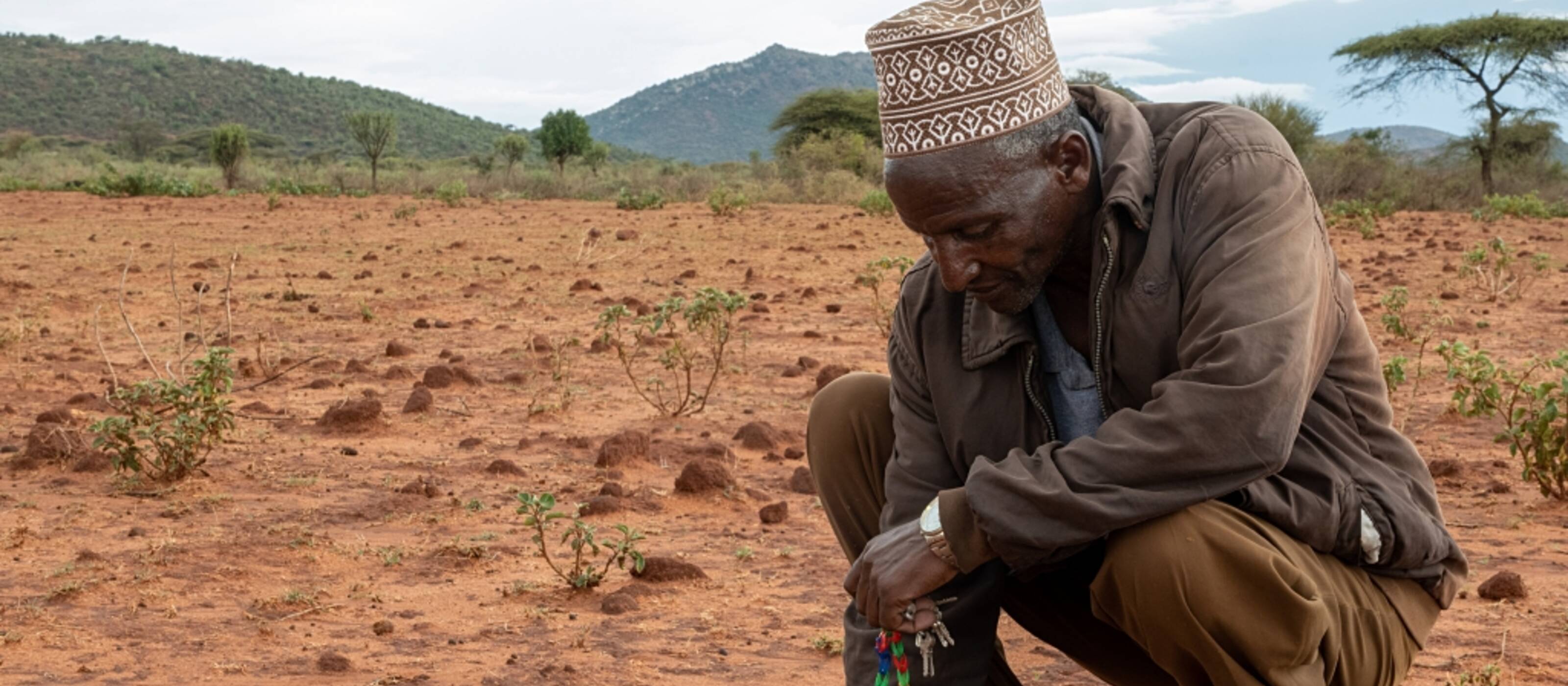

Caritas is active in five of the ten «forgotten crises»
Ethiopia, Burkina Faso, Mali, Colombia and Venezuela are among the «forgotten crises» of this world. The situation in these countries is extremely fragile, the humanitarian need enormous. Caritas Switzerland is therefore demanding more funds from the federal government to support those affected.
Every year, the internationally active non-governmental organization Norwegian Refugee Council (NRC) publishes the list of the ten «forgotten crises» of this world. The aim is to draw public attention to the plight of all those who rarely or never make it into the headlines. When crises are forgotten, the pressure to find a solution at the international level decreases. At the same time, donations, which are so urgently needed, decrease.
The NRC identified «forgotten crises» this year in the following countries: Cameroon, Colombia, Congo, Burkina Faso, Burundi, El Salvador, Ethiopia, Mali, Sudan and Venezuela. Caritas Switzerland is active in half of these countries, in some for decades. What they have in common is that the situation in these states is extremely fragile. This applies to practically all areas of life: the economy, politics, society, security, even the environment due to recurring droughts or floods. This has existential consequences for millions of people.
No attention despite great need
These crises are forgotten because they have often been going on for decades. In Mali, for example, fighting between government troops, rebels and Islamists has flared up again and again since 2012. Added to this are periods of drought that force hundreds of thousands of people to flee their homes. Many of them have been living in constant insecurity for years, often without access to education, work or social participation. There is no sustainable solution in sight.
«Caritas' experience shows that despite the enormous humanitarian need in countries like Mali, a certain attention fatigue sets in among the general public,» says Petra Winiger, Deputy Head of International Cooperation at Caritas Switzerland. Actual states of emergency are perceived as normality, and the crises are forgotten.
To change this, one focus of Caritas Switzerland's international cooperation is on precisely these «forgotten crises». But the challenges of providing sustainable aid in such fragile contexts are great. Because people often lack everything, their basic needs must first be met. Only then can long-term projects be launched, for example for better education or climate-resilient cultivation methods in agriculture.
Competition among the crises
This combination of short-term humanitarian aid and long-term development cooperation requires great flexibility on the part of Caritas, but also on the part of financiers such as the federal government. It makes an essential contribution to international cooperation.
With its new strategy for the years 2025 to 2028, the Federal Council wants to increase humanitarian aid, but at the same time cut its overall international cooperation to a low level. In addition, a large share of 13 percent of the total budget is to go to a single country, Ukraine. By comparison, only around eight percent of the total budget was recently spent on the ten «forgotten crises».
This extensive support for Ukraine is undoubtedly urgently needed. But it must not be at the expense of countries in the Global South and the «forgotten crises». Rather, the Federal Council should book the financial aid for Ukraine separately due to the exceptional security situation - and not cut the contributions to the other countries.
Written by Niels Jost
Interview requests and further information: medien@caritas.ch
Further information
Header image: Ethiopia, one of the «forgotten crises»: The man is a father of nine, a widower, and has lost all his cows and goats in a drought. © Caritas Switzerland